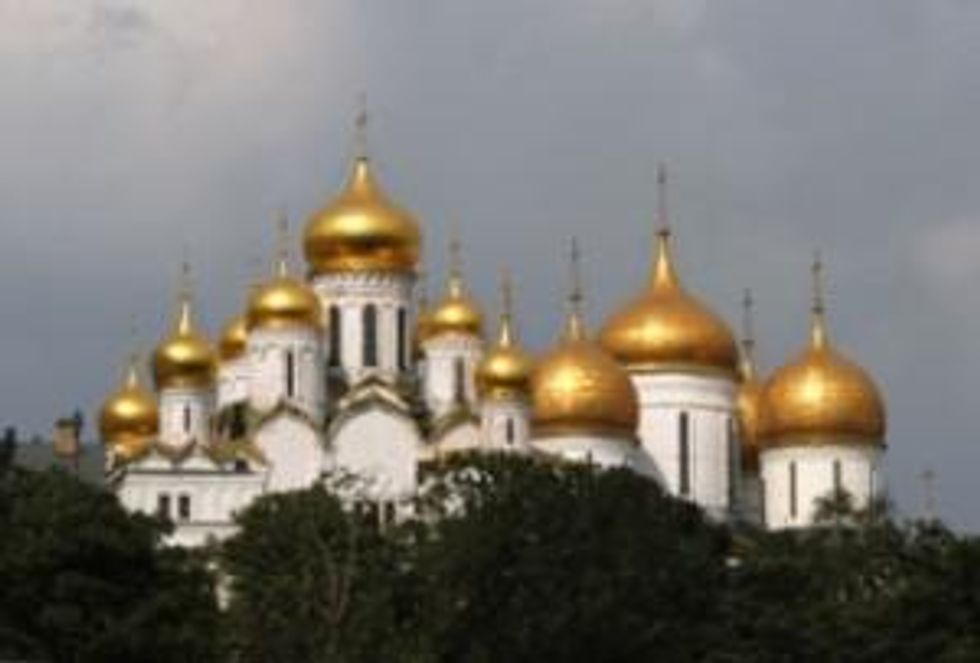A Russian tycoon is spearheading a $1-billion joint venture to develop the massive Tomtor REE deposit in the Russian Far East.
According to Russian newspaper Kommersant, ICT Group, controlled by Russian tycoon Alexander Nesis, and state-owned company Rostec will aim to put the deposit, one of the largest repositories of rare earth elements in the world, into production.
Under the deal, ICT Group will take a controlling 50 percent interest in the project, with Rostec owning 25 percent and the remaining 25 percent controlled by an as-yet unnamed investment fund.
The 250-square-kilometer field, located in the Russian region of Yakutia, is estimated to contain 150 million tonnes of rare earths reserves, including ytrium, niobium oxides, scandium and terbium.
International Business Times reported that the deposit contains a whopping 12 percent of the world’s total rare earth reserves, with proven reserves of 154 million tonnes, and possible reserves exceeding all the rest of the world’s reserves combined.
Assuming that the deposit could be turned into a producing mine or set of mines, it would most certainly pose a challenge to the current rare earth monopoly enjoyed by China, which produces roughly 95 percent of the rare metals used in everything from missile guidance systems to cellular phones and renewable energy applications.
Russia currently only accounts for about two percent of global production and consumption of rare earths; putting the Tomtor deposit into production would see Russia putting significantly more skin in the game.
The only two companies currently in a position to challenge China are Lynas (ASX:LYC), which recently began processing rare earths at its plant in Malaysia shipped from its Mount Weld mine in Australia, and Molycorp (NYSE:MCP), which processes rare earths from its Mountain Pass mine in California.
Meanwhile China, which in 2010 launched a campaign to curb illegal over-production of rare earths elements that was depressing the prices of rare earth oxides, admitted on Friday that its program is not working.
Su Bo, China’s vice-minister of industry, said on the ministry’s website that “Problems in the industry that have accumulated over the long-term have still not been fundamentally resolved,” adding the following explanation:
“Unplanned exploitation and production of rare earths has affected the normal workings of the market, and illegally-produced rare earth products have reached downstream consumers through a variety of channels or been smuggled abroad, leading to a continuous decline in prices.”
Rare earth oxides enjoyed record prices in 2011 but have since slumped, mostly due to the global economic slowdown, especially in China which is both the world’s largest REE consumer and producer. Overproduction in China has exacerbated the situation.
Securities Disclosure: I, Andrew Topf, do not hold equity interests in any of the companies mentioned in this article.
